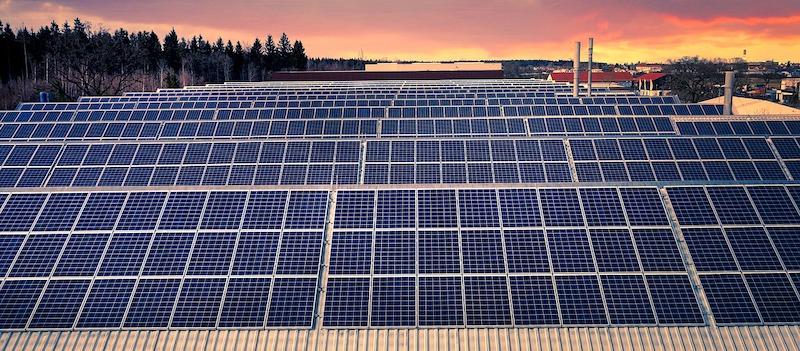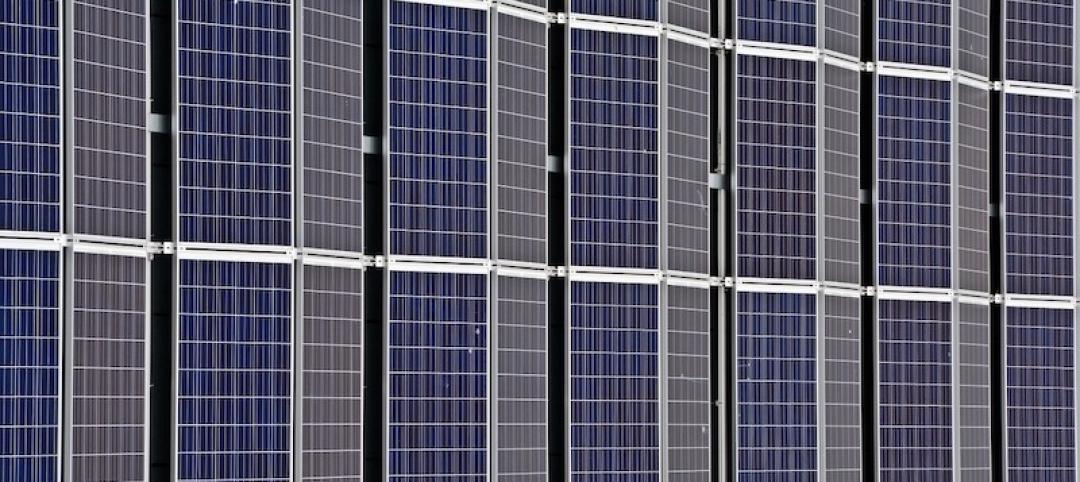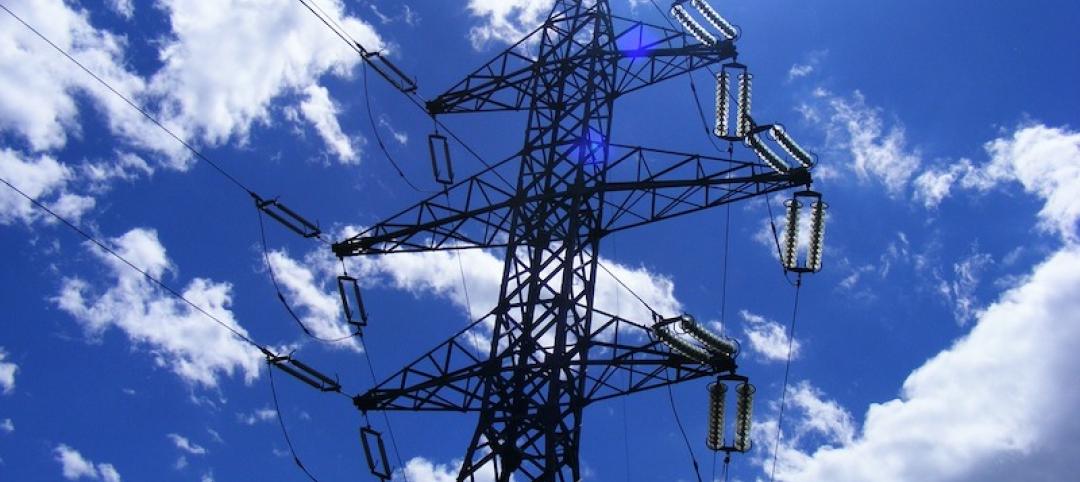The U.S. Solar Energy Industries Association has released voluntary guidelines aimed at eliminating the use of forced labor to build solar panel components.
Some U.S. lawmakers have recently expressed concern that the industry is dependent upon the raw material polysilicon linked to work camps in China’s Xinjiang region. U.N. experts and rights groups estimate over a million people, mainly Uyghurs and other Muslim minorities, have been detained in camps in Xinjiang in recent years.
Officials in China, the world’s largest maker of solar products, have denied accusations of abuse.
The guidelines, in the form of a 40-page document, outline measures companies should take to identify sources of a product’s materials and to analyze their movements through the supply chain. The recommendations include rigorous descriptions and documentation accompany products as they move through factories and are shipped to the U.S.
Related Stories
Codes and Standards | Aug 10, 2020
Concrete Institute and Post-Tensioning Institutes expand partnership
Will collaborate on new structural post-tensioned concrete code requirements.
Codes and Standards | Aug 6, 2020
SpeedCore demonstrates excellent fire resistance without additional fire-protective coatings
New York City approves metal-concrete product for all five boroughs.
Codes and Standards | Aug 5, 2020
Designing, redeveloping communities for zero energy needed to address climate change
District heating and cooling systems boost efficiency.
Codes and Standards | Aug 4, 2020
Virginia is the first state to adopt COVID-19 worker safety rules
Include social distancing requirements, notifications when co-worker tests positive, timelines to return to work after recovery.
Codes and Standards | Aug 3, 2020
Report aids local governments on policy options, pathways to electrify new buildings
Document focuses on switching appliances and equipment away from natural gas, propane.
Codes and Standards | Jul 30, 2020
Institute for Market Transformation acquires Energy-Efficient Codes Coalition
Goal is to achieve net-zero construction by 2050.
Codes and Standards | Jul 29, 2020
Crackdowns grow on construction firms that fail to follow COVID-19 guidelines
States, cities, and OSHA enforce social distancing, hand-washing regulations.
Codes and Standards | Jul 28, 2020
California utility adopts climate emergency declaration
Sacramento-region company commits to working towards carbon neutrality by 2030.
Codes and Standards | Jul 27, 2020
Updated Energy Plus and OpenStudio building energy modeling tools released
Software offers performance enhancements.
Codes and Standards | Jul 23, 2020
North Carolina will stop relying on FEMA flood mapping
State will identify flood zones on its own.

















